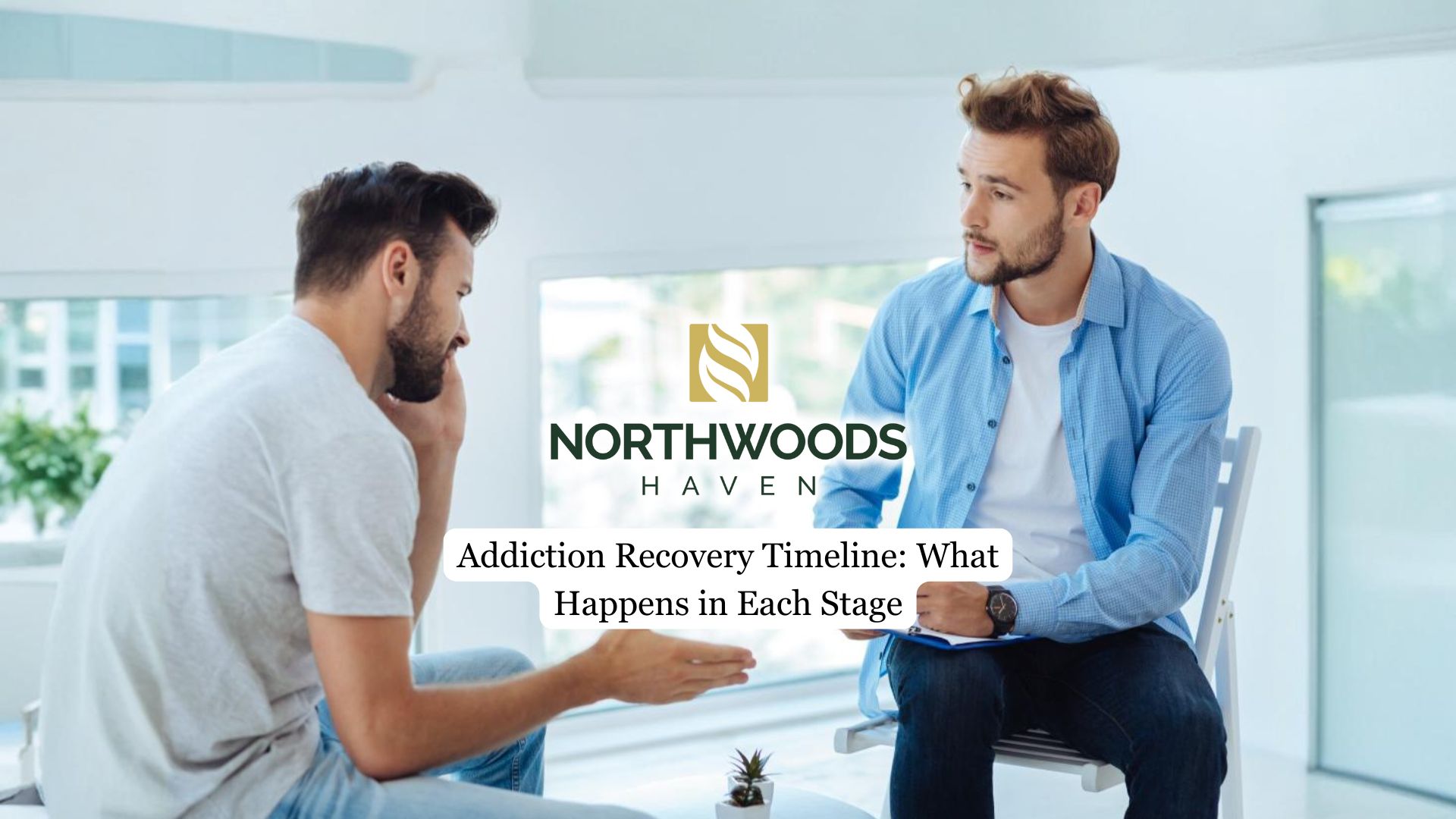Addiction recovery is a multi-stage process that involves much more than simply abstaining from substances. It demands deep emotional, psychological, and behavioral change. Understanding these stages helps individuals and their families set realistic expectations and remain engaged in the recovery journey.
This article breaks down the core stages of addiction recovery and explains why each one is critical for achieving lasting sobriety.
Acknowledgment and Awareness
The first stage of recovery begins with awareness. Individuals must come to terms with the existence of a substance use disorder and begin to understand the extent of its impact on their life. At this point, denial often plays a major role. Many people rationalize their substance use or believe they still have control over it. This mindset can act as a major barrier to seeking help.
Awareness typically develops after a significant life event that disrupts the individual’s current routine. These events may include legal trouble, the end of an important relationship, or a serious health scare. These experiences can serve as a wake-up call, forcing individuals to confront the reality of their situation. Once acknowledgment occurs, the individual becomes more open to receiving help, including addiction counseling, and considering treatment options, paving the way for further progress in recovery.
Preparation and Commitment to Change
Following the realization of a substance use problem, the individual enters the preparation stage. This is a critical time for building motivation and readiness to change. Here, people begin to weigh the advantages of sobriety against the perceived benefits of continued substance use. They may identify specific triggers, take inventory of past attempts to quit, and start exploring professional treatment programs.
This stage can be emotionally complex. Many individuals experience ambivalence, simultaneously wanting to quit while fearing what that change might look like. The uncertainty of a new lifestyle can be intimidating.
Whether it’s one-on-one therapy, peer support, or connecting with a treatment center, structured guidance helps individuals create a clear, personalized recovery plan. Involving family through education programs can also strengthen this foundation by ensuring loved ones are informed, supportive, and actively engaged in the process.
By the end of the preparation stage, many individuals are equipped with clear goals, a deeper understanding of their needs, and a growing sense of readiness to take the next step toward lasting recovery.
Active Treatment and Behavior Modification
The third stage is where formal addiction treatment begins. This is often the most intensive and transformative part of the process. Whether someone enrolls in outpatient treatment or an Intensive Outpatient Program (IOP), they begin actively addressing the behaviors, thoughts, and situations contributing to their substance use.
Structured programming during this stage is designed to get to the root of each client’s addiction. Evidence-based methods like Cognitive Behavioral Therapy (CBT), group therapy sessions, and relapse prevention planning are used to help individuals understand their triggers and develop healthy coping mechanisms. This is typically the point at which individuals have made the decision to seek help for addiction and are ready to fully engage in the recovery process.
This phase also involves learning to manage daily life without relying on substances. Individuals build practical skills to handle cravings, strengthen relationships, and make healthier decisions. The consistency and intensity of care during this stage are crucial. It often includes regular therapy sessions and continuous monitoring to ensure progress.

Maintenance and Relapse Prevention
Once individuals achieve initial sobriety and complete their primary treatment program, they enter the maintenance phase. This part of the journey focuses on sustaining recovery efforts over the long term. While the frequency of therapy or counseling may decrease, the need for accountability and support remains high.
The goal during this stage is to integrate recovery practices into everyday life. That means identifying ongoing stressors, building a strong support system, and continuing personal development. Although this phase is less intense than active treatment, it is equally important.
Relapse can occur, particularly when individuals face unexpected challenges or emotional triggers. However, it’s not a sign of failure. Instead, relapse is understood as a potential part of the recovery process—an opportunity to reflect, adjust, and strengthen one’s plan moving forward.
Ongoing involvement in aftercare services, peer support groups, and alumni communities can provide motivation, encouragement, and quick access to help if setbacks happen. These resources play a key role in promoting long-term success and helping individuals stay grounded in their recovery goals.
Rebuilding and Personal Growth
In the final stage of recovery, individuals begin to rebuild their lives with renewed purpose and direction. Sobriety becomes a foundational part of their identity, no longer defined by struggle but by growth and resilience. This stage focuses on personal development and reintegration into society.
People in this phase often pursue new or resumed career paths, reconnect with loved ones, and discover new hobbies or creative outlets. They also begin to rebuild trust—both with themselves and with others. Emotional regulation, self-esteem, and a sense of personal responsibility become more stable.
For many, this is the stage where they give back. Some become mentors, volunteers, or advocates within the recovery community, sharing their story to inspire others. Recovery becomes more than a personal journey—it becomes a means of helping others find their path.
Final Thoughts from Northwoods Haven Recovery
At Northwoods Haven Recovery, we understand that each stage of addiction recovery is crucial for setting realistic goals and creating lasting change. Through our personalized, evidence-based treatment program in Minneapolis, we guide individuals through every phase, equipping them with the tools, support, and confidence needed for long-term success.



